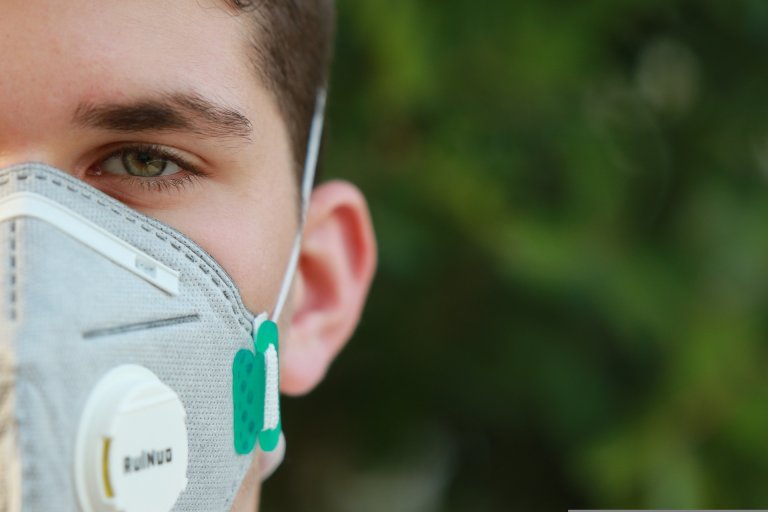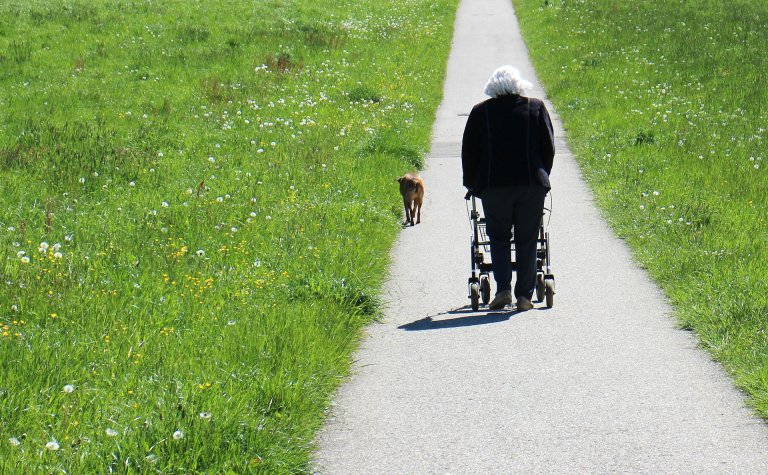Deb Gompertz is a Complex Care GP and Clinical Lead for Complex Care South Somerset. She tweets @DebGompertz. Follow all the tweets via #BGSAnticipatoryCare
I work as part of a multidisciplinary team in the community, looking after older people who are often living with frailty. We focus on what is important to the person and their family and help them to live the best life they can, in the place they want to be.
Our team vision is person-centred care with shared understanding of decisions. Putting the patient at the centre helps us to break down organisational barriers. Building trust and mutual respect amongst our wide neighbourhood team is key to this method of working. We also have a “can-do” approach with a willingness to help other services.
The complex care GP role was established approximately 8 years ago in South Somerset. The people we see are often involved with multiple services, be it primary and/or secondary care, community, social or voluntary sector. We don’t have fixed criteria for who we see but base our assessments around a comprehensive assessment, coordinating care and getting the right people involved with the least number of steps possible.
The primary care team is an essential partner; we work alongside health coaches from GP surgeries and GP teams directly, aiding continuity for people we see. We meet virtually once a week with each of our surgeries in the Primary Care network to discuss people of concern, new discharges, and to receive referrals. These “huddles” (MDTs) last for between 30 minutes and an hour.
Our team also meets once a week with our wider community partners such as social care, care coordinators, link workers, pharmacists, mental health workers, district nurses, dementia support workers, discharge services from the hospital, etc. There is a flat hierarchy in these meetings and a safe place to ask questions, share responsibility, learn from each other and ensure good care for the people we look after.
We take referrals from anyone and everywhere.
We currently have three teams working in three Primary Care Networks. These teams consist of a complex care GP, a nurse and a band 4 key worker. In the acute hospital we also have a team with a band 6 and band 7 nurse, and a band 4 key worker. The role of the team in the hospital is to provide seamless care between the organisations and help facilitate discharges. They will also liaise with the GP surgeries directly.
Every other week we meet with the consultant geriatrician who supports us as needed and we can also follow up patients from the frailty clinic in the community. Each month we have meetings with our memory service and Parkinson’s specialist nurse, as many of the people we look after are known by multiple teams.
By filling in a comprehensive assessment we can make management plans to proactively support people and their carers. We look at the whole person including illnesses, medication, care, function, mood and family support.
From this structure we can support projects such as dementia reviews, looking at medications, and social prescribing projects. We are lucky enough to be able to train Foundation year 2 doctors, enabling us to provide valuable insight into community working to potential GPs or hospital doctors. This has spun out into the “Show me your meds, please?” project, which has evidenced benefit in medicines optimisation and waste reduction, environmental impact and earlier identification of cognitive decline. We are proud to be making a real difference for the older people we serve.
I would be happy to talk in more detail to anyone about how we work. Please email Marina Mello via m.mello@bgs.org.uk for more information about how to get in touch.




